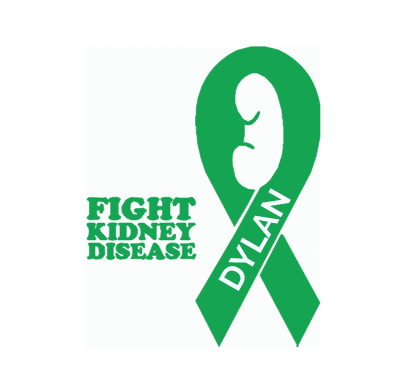Kidney Health Monitoring
Ever since late 2016 when a job-required lab test showed blood in my urine, I have been on a routine for blood and urine tests on a regular basis to monitor my kidney function. Once I was diagnosed with IgAN and my Nephologist prescribed various medications to stabilize my kidneys, those results would dictate how often I would test. Currently I have labs every 10-14 days. “What numbers do they care about?” you ask. Here are a few:
Creatinine: is a waste product from normal wear and tear of muscles in your body that is filtered through the kidney. Normal range: 0.4 – 1.30. Mine is higher.
BUN: Blood Urea Nitrogen measures how much urea nitrogen is in your blood. Normal range: 6-20. Mine is higher.
Phosphorous: mineral in many foods. Damaged kidneys cannot remove phosphorus which causes problems with the health of your bones and hardening of arterial blood vessels. Normal range: 2.2-4.5. Mine is slightly higher.
Potassium: a mineral and electrolyte found in the body and many foods. Damaged kidneys cannot remove it very well. Normal range: 3.3-5.3. Mine is slightly higher.
Magnesium: is an electrolyte to help your muscles, nerves, and heart work properly. Too much can cause high blood pressure. Normal range: 1.7-2.4. Mine is within range.
eGFR: estimated Glomerular Filtration Rate: the tiny filters in your kidney help remove waste and excess fluid from the blood. This test tells you how well your kidneys are functioning. Mine is at 14%. Once I dropped to 20% I qualified for a transplant. If I drop any further, I will be on dialysis.
Note: phosphorous and potassium are listed on most food labels.
Remember, it’s important to have a regular physical with labs. You never know when a routine exam will alert you to a life-altering health issue.
Yale living donor referral line: 1-866-925-3897
